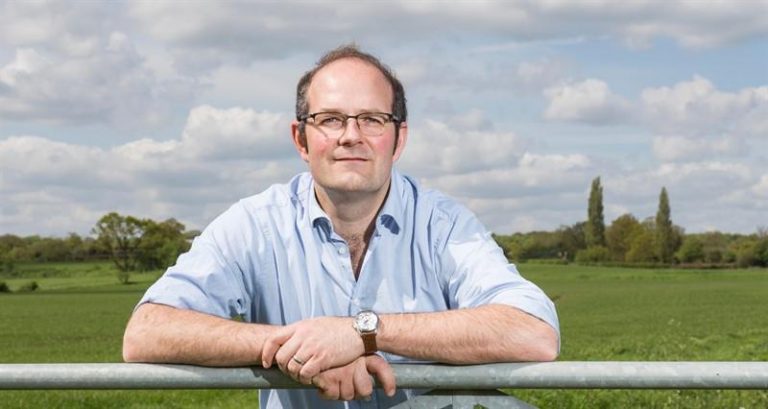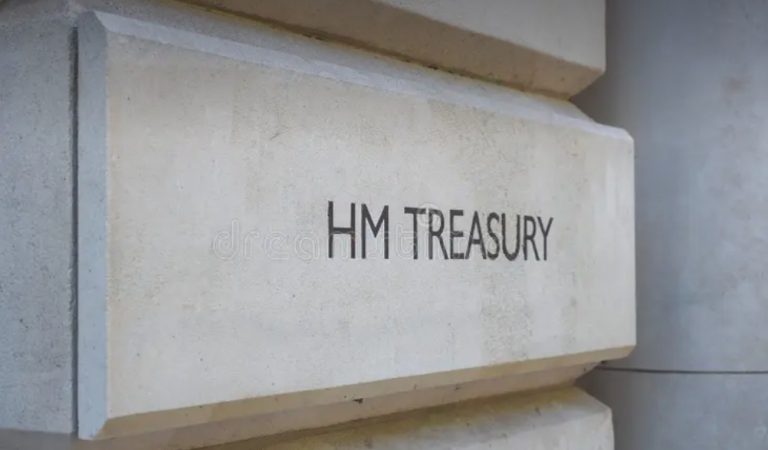2,000 farmers plan mass lobby of Government over farm tax changes
New ‘cleanship’ vessels make their first calls at Hull
Chancellor aims to increase investment by creating ‘pension megafunds’
That starts with the biggest set of reforms to the pensions market in decades to unlock tens of billions of pounds of investment in business and infrastructure, boost people’s savings in retirement and drive economic growth so we can make every part of Britain better off.
The UK pension system is one of the largest in the world – with the Local Government Pension Scheme and Defined Contribution market set to manage £1.3 trillion in assets by the end of the decade. However, the pension landscape is fragmented and lacks the size needed to invest in exciting new businesses or expensive projects like infrastructure. The government’s analysis – published today in the interim report of the Pensions Investment Review at Mansion House – shows that pension funds begin to return much greater productive investment levels once the size of assets they manage reaches between £25-50 billion. At this point they are better placed to invest in a wider range of assets, such as exciting new businesses and expensive infrastructure projects. Even larger pensions funds of greater than £50 billion in assets can harness further benefits including the ability to invest directly in large scale projects such as infrastructure at lower cost.Train operator names new director of customer service
He moves to the role from McGill’s, the UK’s largest privately-owned bus operator, where he was group MD. .has held a number of senior roles in the bus industry, including that of managing director and then chief executive of Transdev Blazefield between 2015 and 2023. He was also commercial director of trentbarton from 2010 to 2015.
Tricia Williams, MD of Northern, said: “Alex has a brilliant track record of creating customer-centric services and products that grow demand. His experience in public transport, mostly in the commercial bus sector, will be a great addition to our director group and we’re thrilled to have him on-board.”
Mr Hornby said: “This is an incredible role and I’m excited to get started. With the support of colleagues across the network and the potential for growth in the region, I know we have the ability to power economic growth.
“We can also be a valued asset to our customers, supporting their communities and helping to generate prosperity across the North of England.”
Hornby, who was born in Liverpool and now lives in Harrogate, studied transport management at Aston University in Birmingham.
Northern is the second largest train operator in the UK, with nearly 2,500 services a day to more than 500 stations across the North of England.
Council stands up for employers in the adult care sector
Government promises permanent cut to high street business rates
“This follows important action announced by the Business Secretary to tackle the scourge of late payments and to take forward an Industrial Strategy to unblock the supply side barriers holding small firms back from their full potential.”
Officials sign off finance deal that could see commercial flights at Doncaster Sheffield by 2026
Spencer wins Science and Innovation Centre project for Reckitt’s
Chamber’s Chief Exec praises firms showcased at awards ceremony
- Electrical Safety UK – 20 years
- Barnsley Hospice – 30 years
- Brearley & Co Accountants – 40 years
- JC Snell Ltd – 90 years
- White’s Bakery – 90 years
- Sky High Tree & Ground Maintenance Services
- Winner – Leo Lewin, Affinity 2020 CIC
- Highly Commended – Ateeb Mughal – Equans UK & Ireland
- Highly Commended – Joshua Turver – Gala Tent
- Shortlisted – Aiden Ellis – Osbourne Technologies Ltd
- Shortlisted – James Stretton – Equans UK & Ireland
- Winner – Cranswick Convenience Foods
- Highly Commended – Glu Recruit LTD
- Highly Commended – MAKE YOUR MARK UK
- Shortlisted – Home Instead Sheffield & Barnsley
- Shortlisted – Mway Comms
- Winner – Sky High Tree & Ground Maintenance Services Limited
- Highly Commended – Airmaster
- Highly Commended – M R Machine Knives
- Shortlisted – Trust Education
- Shortlisted – Wayv. Talk and Broadband for Business
- Winner – Alicia Hewitt Secure Power
- Highly Commended – James Biggin Steel City Marketing Ltd
- Highly Commended – Luke Hammill – Sky High Tree & Ground Maintenance Services Limited
- Shortlisted – Mark Smith 🔵 – Make Your Mark UK
- Shortlisted – Rob Shaw – Glu Recruit
- Winner – Barnsley FC Community Trust
- Highly Commended – Age UK Rotherham
- Highly Commended – Weston Park Cancer Charity
- Shortlisted – Rotherham Hospice
- Shortlisted – The Archer Project
- Winner – Equans
- Highly Commended – IT Desk (UK) Limited
- Highly Commended – Secure Power
- Shortlisted – Home Instead Sheffield & Barnsley
- Shortlisted – SMH Haywood & Co
- Winner – Glu Recruit LTD
- Highly Commended – MED-EL
- Highly Commended – IT Desk (UK) Limited
- Shortlisted – Rotherham Insurance Brokers
- Shortlisted – Signum Facilities Management Ltd
- Winner – MACE GROUP
- Highly Commended – Instantprint
- Highly Commended – Equi-Trek Limited
- Shortlisted – Equans
- Shortlisted – Boohoo Group PLC
- Winner – Trust Education
- Highly Commended – Grassroots Sports Academy Yorkshire
- Highly Commended – Morgan Wills & Trusts
- Shortlisted – Empress Building & Ballroom
- Shortlisted – AHJ Wills & Estates Ltd
- Winner – Barnsley College
- Highly Commended – Instantprint
- Highly Commended – Equans
- Shortlisted – KCM Waste Management Limited
- Shortlisted – Hydrov Ltd











